Google's Most Asked "Why Do Semi Trucks..." Questions
Here at West Tech Mobile, we get asked a lot of questions about the vehicles we work on – everything from heavy industrial rigs to semi trucks and tractor-trailers. And we’re always more than happy to answer them! Since they are the most common, we decided to put our responses to some of Google's most frequently asked questions about semis all here in one place, for easy reference. Read on if you’ve been wondering these for yourself.
Why do semi trucks use diesel?
Mostly, it comes down to horsepower, as diesel engines create more horsepower than gasoline ones. Also, in the past, diesel was cheaper than gas, so it became popular as a more cost-effective alternative. And one more big reason is that truck drivers, who are constantly guiding top-heavy vehicles – and large tanks full of fuel – know that in the event of a rollover, diesel isn’t nearly as combustible as gasoline. If you’re always hauling large volumes of it in a tank underneath you, that makes a big difference.
3 Common Reasons Why Your Webasto Thermo Top C is Failing
A Webasto Thermo Top C is a high-tech (and highly welcomed) engine warmer that fits into your fuel line and keeps your engine from freezing up – all without having to idle the engine itself. As with any technology, it’s amazing when it works, but there are a lot of components and sometimes they fail for what seems like no reason.
While doing all of the heavy truck repair we do here at WTM, we see a lot of these Webastos, and some of the reasons for failure are far more common than others. Here are the top three that we see again and again in the course of our work. What Is The Tesla Cybertruck All About?
If science fiction shows and movies from decades ago were to be believed, by 2020 we’d all have jetpacks, butler robots, and autonomous cars that flew us from place to place. And, while many of those wilder fantasies are still just that, the world is getting closer to futuristic vehicle technology that looks like it’s part of a sci-fi novel of its own.
A big player on this stage is the company Tesla, run by eccentric billionaire (and previous driver of the first car in space) Elon Musk. While their electric cars, like the Tesla 2 and 3, have been around for years, the company made waves in November when they announced the forthcoming release of their pickup, the blocky-looking Cybertruck. But a lot of people don’t realize that years before that, Tesla was in the news for a different truck on their list, which is due to arrive by the end of this year. Have you ever heard of the Tesla Semi? 10 Heavy Truck Diagnostics Terms You Should KnowThere are hundreds of millions of drivers around the world, and all of them have vehicles that need maintenance from time to time. But there are far less mechanics than there are drivers, so unfortunately, the majority of drivers have a high likelihood of encountering a problem at some point that they can’t identify or explain.
“It wiggles, you know? Really fast, when I go fast.” “There’s kind of a, I don’t know, chongakongakonk sound. Is that bad?” “It feels like the tires are loud, and when I try to turn, there’s a…a shriek?” 10 Tips For Dealing With Mechanics Have you ever wondered what you can do to make your mechanic’s day better? Or how you can be the best customer they’ve had all month? The truth is, a lot of people have some bad habits when it comes to their mechanics, and while these habits certainly won’t affect the quality of the work performed, they will take a toll on the person doing it. If you want to be a favourite client, here are ten helpful tips to remember the next time you roll into a garage.
TLDR: Air brakes are safer than hydraulic brakes when it comes to larger and heavier vehicles. Why Do Semi Trucks Use Air Brakes? It’s a sound you hear all over any major city and on highways everywhere: the unmistakeable hiss of air coming off of a big rig as it rolls to a stop next to you. But have you ever wondered: why do semi trucks use air brakes? Why can’t they use hydraulic brakes like smaller cars?
It all comes down to reliability and availability of resources. In general, the heavier the vehicle, the more likely it is to use air brakes. Hydraulic fluid for small car brake lines needs to be filled at a shop and maintained manually, while air is everywhere, ready to be used in any truck braking system. But that’s just one reason why they’re common in the industry. Calgary Food Trucks ServiceOver the last few years, a new craze has popped up in cities all over North America – the food truck. Once just a hallmark of places like New York and Los Angeles, the food truck phenomenon has now spread to every corner of the continent, including right here in Calgary.
Food trucks are the ultimate win for a sole proprietor that loves the business: portable, efficient, and on a small scale, they can quickly be moved to a new location as needed. But what happens when the “truck” part of the business starts to show more than the “food” side? What are the benefits of mobile Heavy Truck service?
In the modern age of tight deadlines and high efficiency, it isn’t always easy to take time out of your schedule to keep up with the maintenance on your heavy equipment – even if you know that preventative maintenance is an excellent way to extend the life of everything from your engine to your axles. Aside from being needed on the job site, your trucks and other machines can also be inconvenient or too large to move easily. As a result, if they get pushed too hard for too long, they may stop working altogether and break down on site or become unsafe to operate on highways or city streets. It’s costly to tow, and to spend weeks waiting for repairs that cost valuable productivity. What can be done to prevent this?
Avoiding Department Of Transportation Fines With Our Spring Special! It looks like warm weather has finally returned, and as the old saying goes, that means it’s time for our second-longest Canadian season: construction! Trucks, rollers, pavers, cranes, and all kinds of other vehicles will be out in force in the coming months, working hard and doing what they do best.
But many of those vehicles have been sitting idle for several months, as the cold weather really blasted Calgary this year. That means all the hoses, pipes, and connections could have suffered damage over that time, and even the quality of the fluids inside the tanks and reservoirs could be reduced. And having a vehicle with multiple issues isn’t the kind of spring start you likely envisioned. DEFs and California Truck Regulations There’s a misconception that being a trucker is easy – that you just get comfy and drive around in the sunshine, with your favourite music playing and the wide open road ahead. And while it has moments like that, it’s still a job. A job that’s done in all conditions, rain or shine, with long stretches away from home and your family. A job with rules, laws, safety protocols, and plenty of paperwork that follows you everywhere you go.
Government regulation of the trucking industry varies across provinces and states, with some being stricter than others on things like maintenance, scheduling, and emission standards. California is well known for being among the strictest places in North America when it comes to these laws, and has been for many years. How You Can Keep Your Cab Temperature Livable Without Idling Your Truck.In recent years, a new trend of anti-idling laws has cropped up in many places around the world, and Alberta could be next in line. These laws are meant to reduce waste and emissions from vehicles that are idling for long periods of time – affecting everything from long-haul trucks at rest stops to the huge cargo ships waiting in a port. The laws are for a good reason, but they often fail to account for the reason why the vehicles are idling in the first place: the weather outside can be extreme, and it’s often quite literally unsafe to be in a vehicle without heating or cooling for several hours.
Winter Stopping Components
Looking for winter driving safety tips? This page explains the role of traction control, shock absorbers, anti-lock brakes, and maintenance for better winter driving.
As a city in southern Alberta – a region known for its snowstorms and winter cold – there’s bound to be days in Calgary where you find yourself on a snow-covered Deerfoot Trail or a dark and icy 16 Ave at rush hour. However, modern vehicles have all kinds of winter driving equipment and safety systems built in to help you keep control on slick surfaces. If you keep them well maintained and ready, you can help keep yourself safe, no matter the winter driving conditions. Fifth Wheel Safety and Maintenance If you’re a truck driver or a heavy equipment operator – or even if you’re just someone who loves to camp! – then chances are good that you’re familiar with fifth-wheel configurations. These setups, in which a trailer is hooked into the tractor or semi by a “kingpin” held in place in the centre of a disc or other mechanism, are very common and can be seen all over the roads you travel.
There are many different kinds of fifth-wheel connectors. Aside from the common vertical pin type that you’ll likely see on semis and tractor-trailers, there are also pintle hitches, which use a hook and a ring to allow greater flexibility on rough terrain; gooseneck hitches, which are used in pickup truck beds to pull campers and horse trailers; ball hitches, which usually attach to the back end of a truck for a variety of towing needs, and low-mount car-haulers – kind of like miniature flatbeds. With so much variation in style and capability, it’s easy for some telltale signs of danger or incorrect weight distribution to go unnoticed. And that means bad news! Trucking Accidents Change Lives Driving has become so commonplace now that we often forget just how dangerous it can be. While safety precautions have come a long way since the first motor vehicles appears at the turn of the 20th century, one of the most effective precautions a driver can have is to simply be prepared and know that everything under the hood is performing well. After all, even minor road accidents can have life-altering consequences – or even worse, ones that end a life altogether.
These dangers increase even more when bigger, heavier trucks or other machinery is involved: with more mass, they take longer to slow and stop when moving, and they cause much more damage when they hit something smaller. How Will New Tariffs Affect Your Heavy Truck? It’s hard to escape the news these days – every radio, TV, website and magazine is blaring headlines about some big bombshell that’s ready to go off. So unless you’ve been living in a cave with your hands over your ears, you’ve probably heard about the ongoing trade disputes between Canada and some other important trade partners.
On one hand, we are in the midst of renegotiating tariffs and trade terms with our largest ally and trader, the United States. NAFTA, a longstanding agreement that regulated the amount of taxes and fees that import/export items had between the three North American countries, is currently being drawn up anew, and what that will mean for our automotive supplies still remains to be seen. On the other hand, one of the world’s – and Canada’s – main suppliers of oil, Saudi Arabia, is now at odds with our government as well, meaning that there could be trouble on the horizon for all Canadians. |
|
What Sets Us Apart
• Service Trucks & Mobile Service • 5 Laptops & 1 North American automotive scanner • Commercial Vehicle Inspection Programs • Fleet Maintenance • Trailer Shuttles • Open 6 days a week |
Contact Us
West Tech Mobile #22 5555 51 Ave SE Calgary, AB T2C 3X4 403.265.5699 owner@westtechmobile.com |

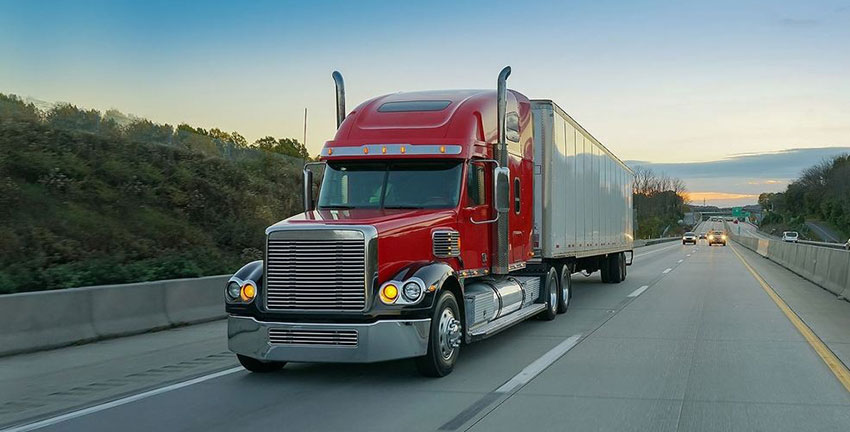
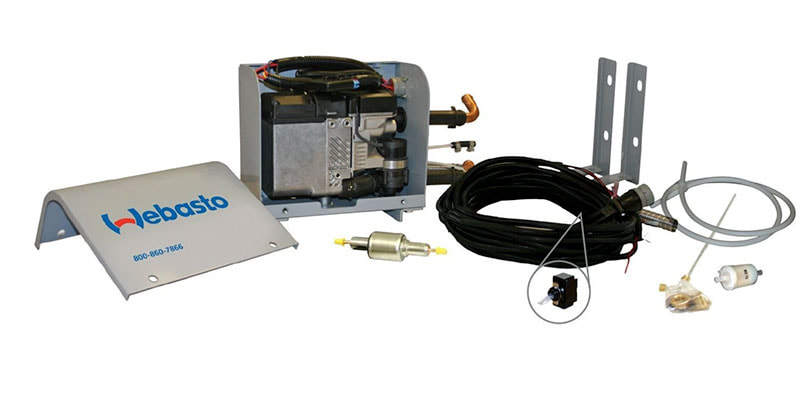
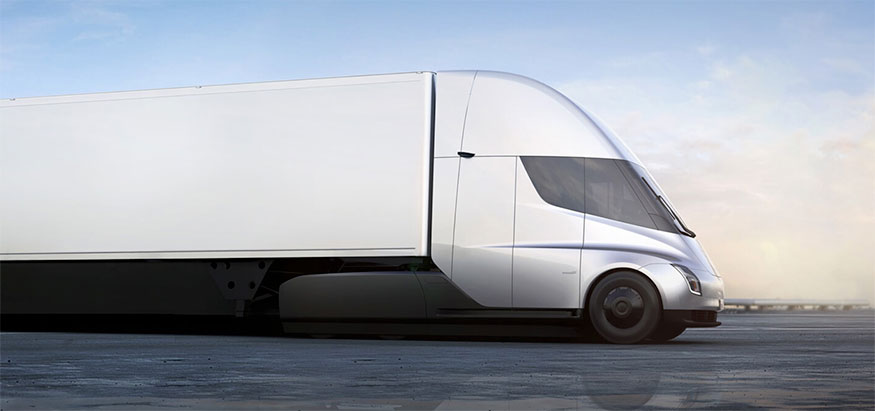
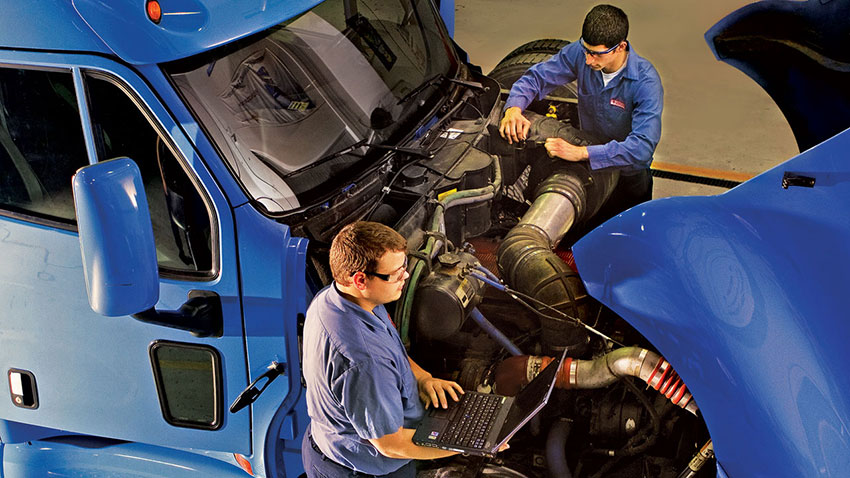

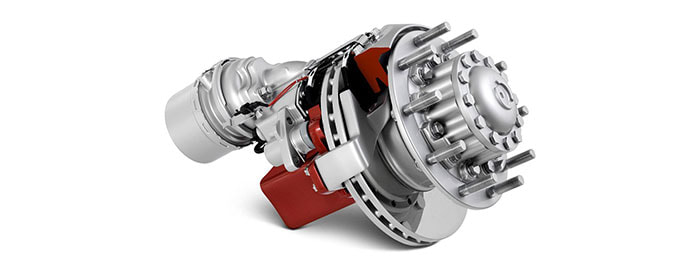



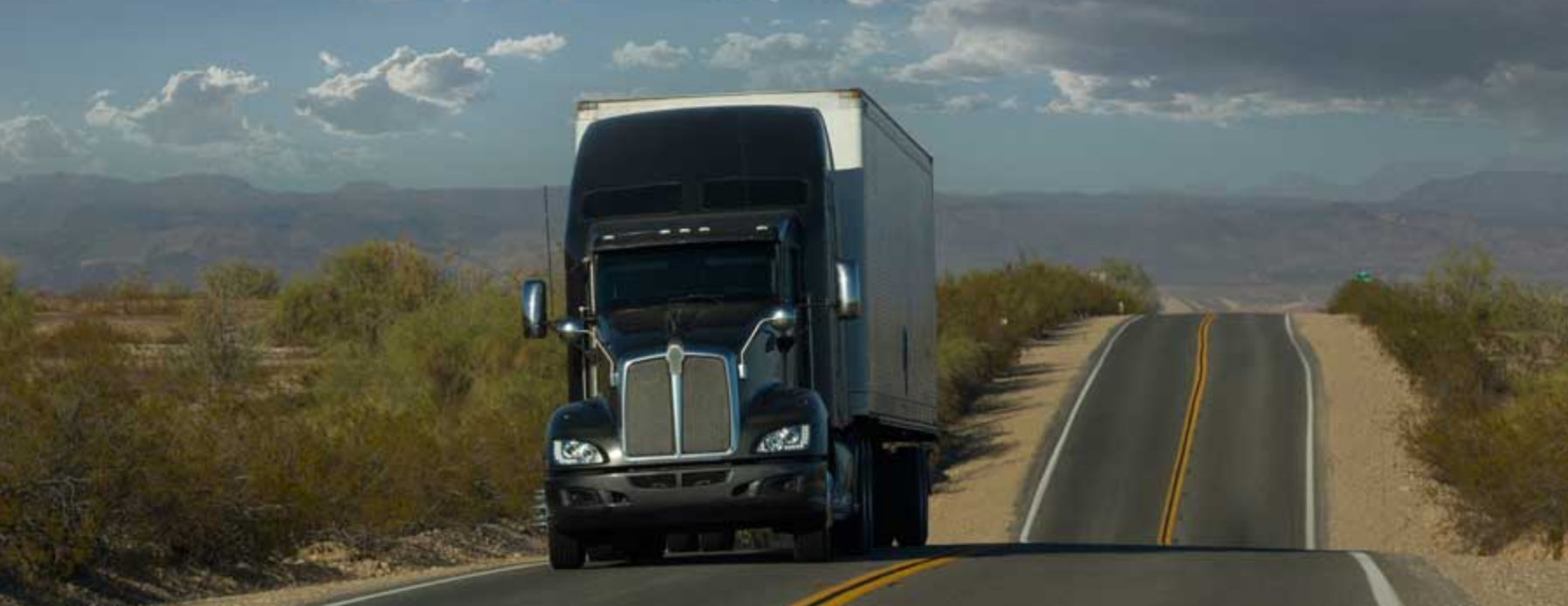
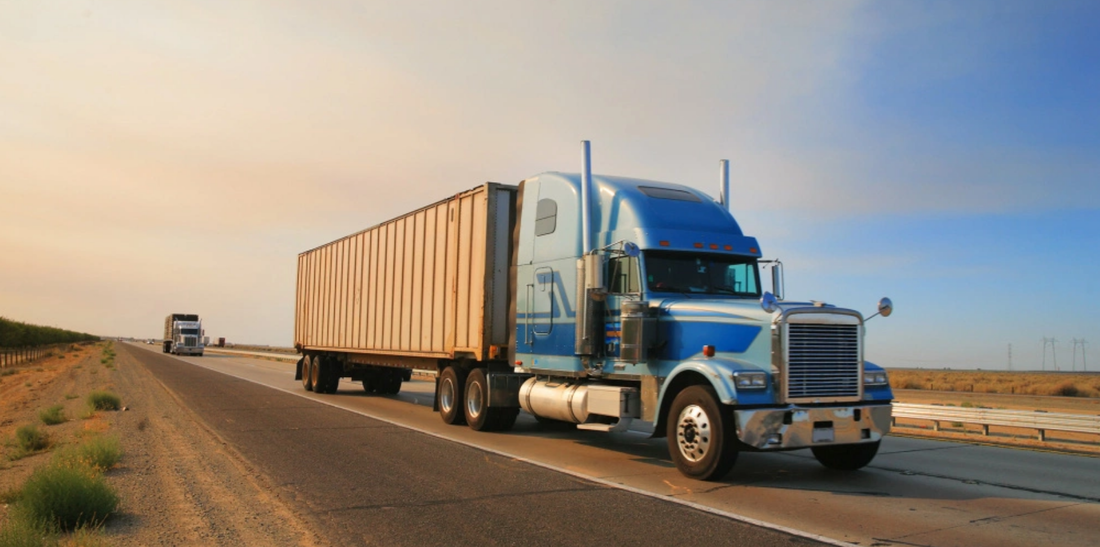
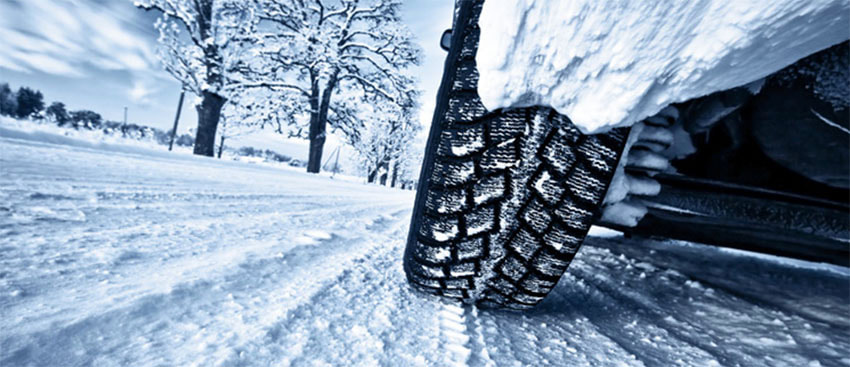
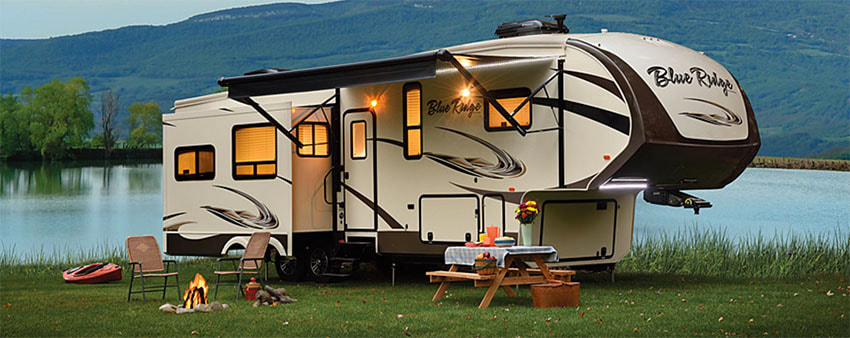
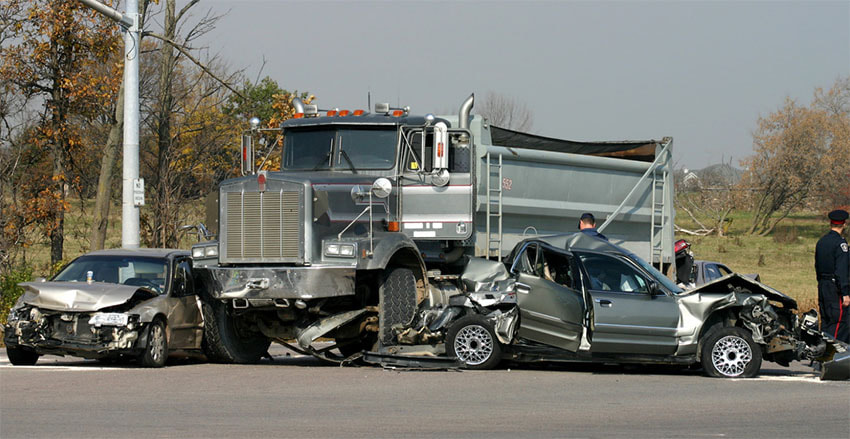

 RSS Feed
RSS Feed
